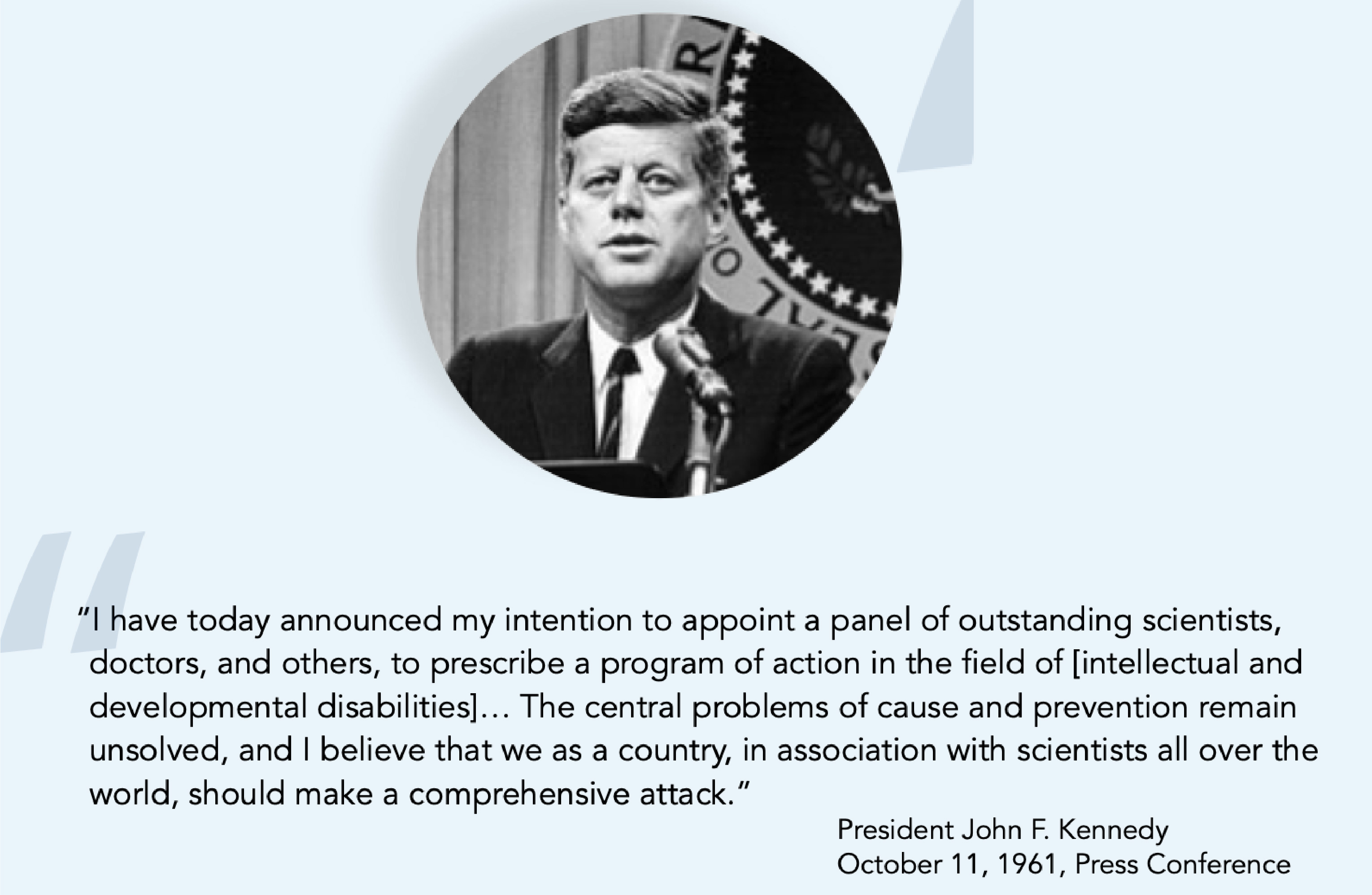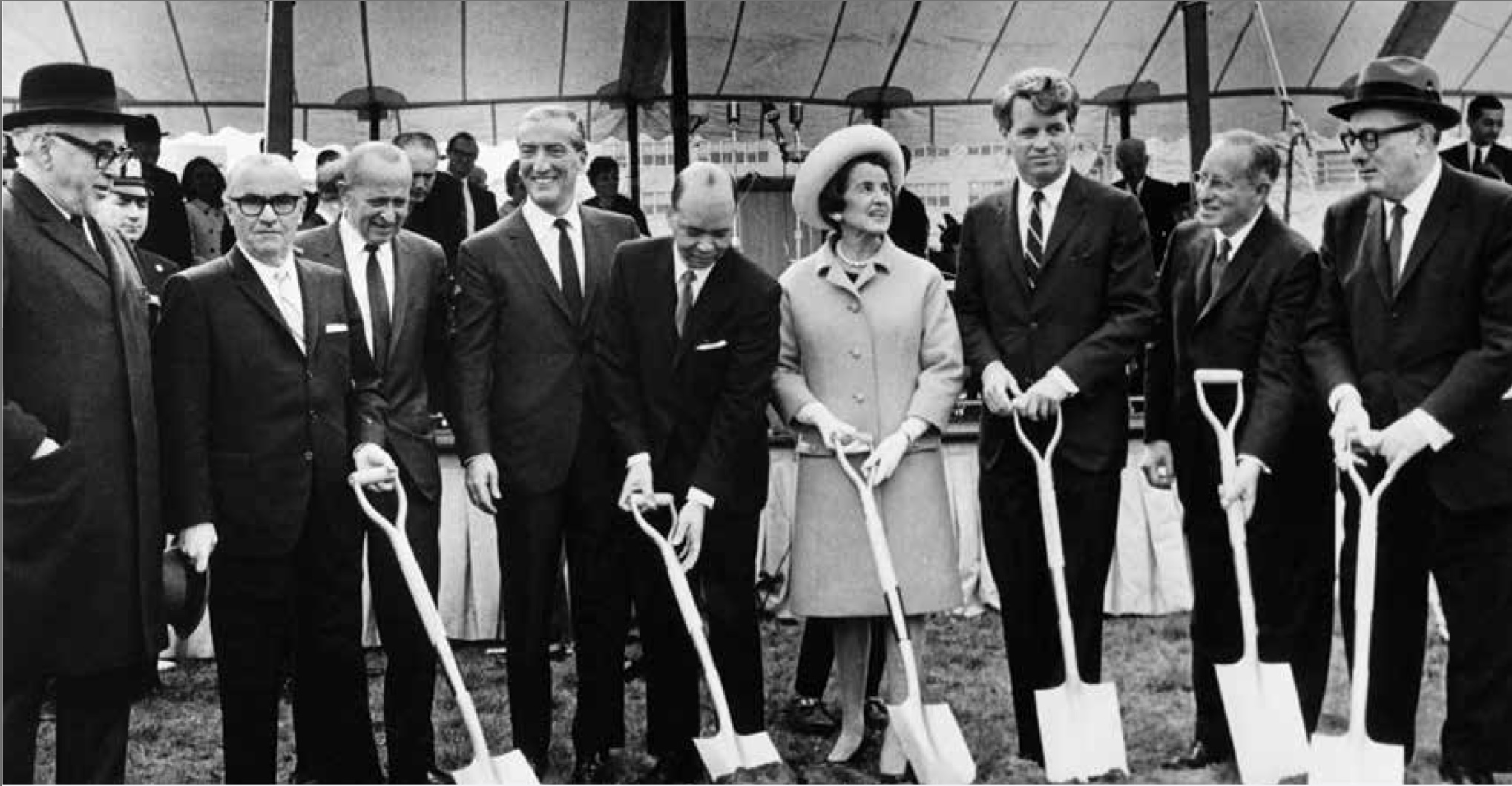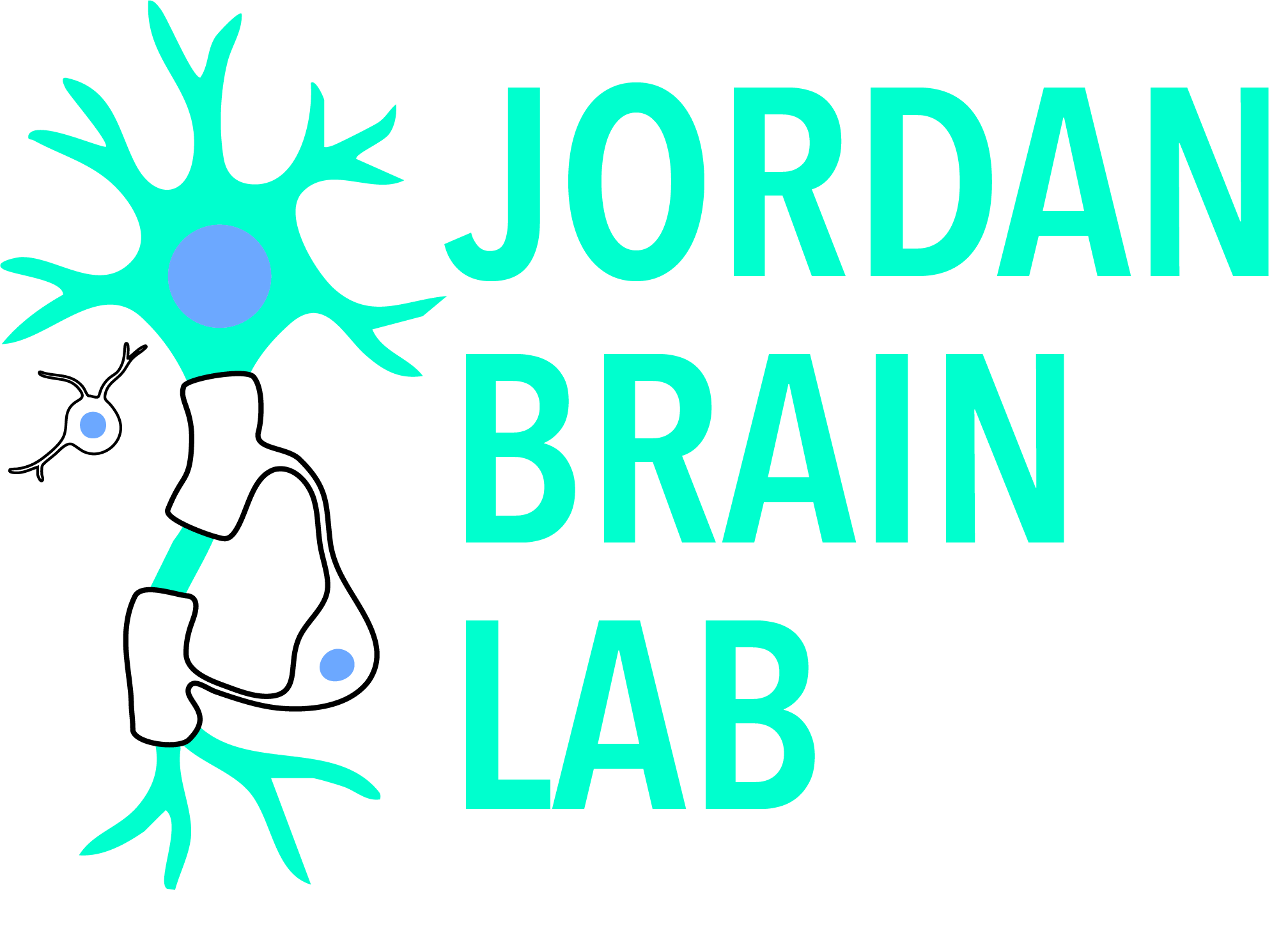Loading research…
JORDAN BRAIN LAB
We study how synapses, gene expression, oligodendrocytes, and myelination, shape circuit development and neurodevelopmental disorders.
Albert Einstein College of Medicine • Department of Neuroscience • Bronx • NY • USA
Explore our published work on neurons, synaptic function, oligodendrocytes, and disease.
Learn about the scientists in our team
Watch a video on how our lab approaches the study of rare genetic brain disorders.
Our Focus
The Jordan Lab investigates how cellular and molecular interactions between neurons and glia shape brain development, and how their disruption contributes to neurodevelopmental disorders (NDDs). Emerging evidence shows that many monogenic NDDs, including those caused by mutations in ANKS1B, SHANK3, SYNGAP1, and NLGN, cannot be explained by defects in a single cell type alone. For example, our work has demonstrated that ANKS1B encodes a protein with critical roles in both neurons, where it regulates synaptic plasticity, and oligodendrocytes, where it controls myelination. Disruption in either cell type produces distinct yet converging cellular, circuit, and behavioral abnormalities. A central theme of our research is that only by defining how different brain cell types interact to drive NDDs can we uncover the true mechanisms of disease and develop effective, targeted therapies.
Research at a Glance
People
Publications
Loading publications…
Previous Lab Members
Loading alumni…
News
- Aug 2025: Congratulations to Annie for presenting at the ISN-ASN 2025 Autism public forum!
- Jul 2025: Congratulations to Jenny for completing the Advanced Techniques in Molecular Neuroscience at Cold Spring Harbor!
- Jan 2025: Sonu recorded from noncanonical neuron-OPC synapses!
Gallery
Loading gallery…
Our Home: The Historic Rose F. Kennedy Building
In the early 1960s, President John F. Kennedy called for a national effort to improve understanding and treatment of intellectual and developmental disabilities. His vision led to the creation of federally funded research and clinical centers across the country. Albert Einstein College of Medicine was chosen as one of these sites, and in 1966, Rose and Robert Kennedy joined the groundbreaking for the new center that would bear Rose Kennedy’s name. When the building opened its doors in 1970, it became a home for pioneering basic science and clinical programs focused on bridging research on the developing brain with care for children and families. From its earliest days, the Kennedy Building embodied a spirit of discovery linked directly to service, ensuring that research was grounded in the realities of the affected individuals and their families. Today, we carry forward that legacy through cutting-edge neuroscience, genetics, and clinical innovation, committed to the same mission that inspired President Kennedy: to bring hope and progress to individuals with developmental disabilities and their communities.


Lab Life
Join Us
We welcome curious, rigorous scientists at all stages. To apply, email your CV and a brief statement of interests.
- Postdocs: Experience in glia biology, imaging, or proteomics is a plus.
- PhD students: Rotations available in neuron–glia signaling and myelination.
- Research staff: Cell culture and mouse experience helpful.
Contact
Department of Neuroscience, Albert Einstein College of Medicine, Bronx, NY
